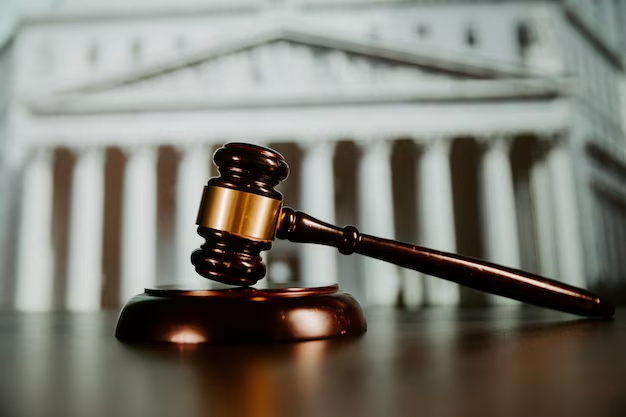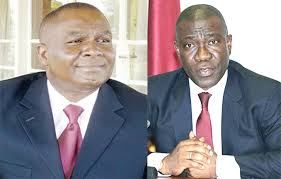Breaking News
99.9% Of Nigerians Lack Justice – Legal Experts Raise Alarm

Legal practitioners and Civil Society Organisations have called for deeper collaboration and systemic reforms to strengthen Public Interest Litigation (PIL) in Nigeria, stressing its role in protecting vulnerable citizens and exposing governance flaws.
The call was made at the PILNet Africa Regional Convening on Public Interest Litigation, where Spaces for Change (S4C) hosted a special session on integrating human rights into governance.
In a statement on Thursday in Lagos, S4C’s Executive Director, Victoria Ibezim-Ohaeri, said the organisation’s rights-based research continues to drive pro bono interventions across the country.
“Our research-driven approach ensures that litigation stems from the lived realities of communities. Many of our legal actions are born out of extensive fieldwork and community-led investigations,” she said.
Ibezim-Ohaeri referenced her doctoral research on SARS operations in Anambra State, explaining how the findings later became vital evidence before judicial panels set up after the EndSARS protests.
“Many victims were able to secure compensation through the EndSARS judicial panels because their cases had already been documented,” she added, noting that S4C regularly partners with other organisations to document human rights abuses.
At a panel discussion, Adebisi Arewa of the Nigerian Institute of Advanced Legal Studies described access to justice as the most essential human right.
He lamented what he called a “justice drought” in Nigeria, stressing that its absence undermines development and erodes human dignity.
“About 99.99 per cent of Nigerians lack access to justice,” he declared. “Strategic litigation both exposes systemic flaws and provides lifelines for marginalised citizens.”
Former Nigerian Bar Association chairman, Alex Morka, called for institutional reforms to make pro bono legal services mandatory nationwide.
He praised judges who assign senior lawyers to represent indigent defendants in capital cases, but urged the NBA to expand access by embedding free legal support into the system.
Representing the National Human Rights Commission (NHRC), Dr Lucas Koyejo, raised alarm over alleged rights violations in Lagos State and the commission’s limited manpower.
“Our Lagos office serves over 20 million people, yet we are only 12 lawyers, including myself,” he said. “We receive countless complaints daily, some from individuals, others from partners like S4C. But our capacity is severely overstretched.”
The session also featured moving testimonies from victims of forced evictions, police brutality, and other rights abuses.
Many recounted how legal support from S4C and other advocates had restored hope and given them a voice.
Their stories highlighted the tangible impact of public interest litigation while underscoring the urgent need for reforms that will expand access to justice, protect vulnerable communities, and strengthen Nigeria’s democratic institutions.


















